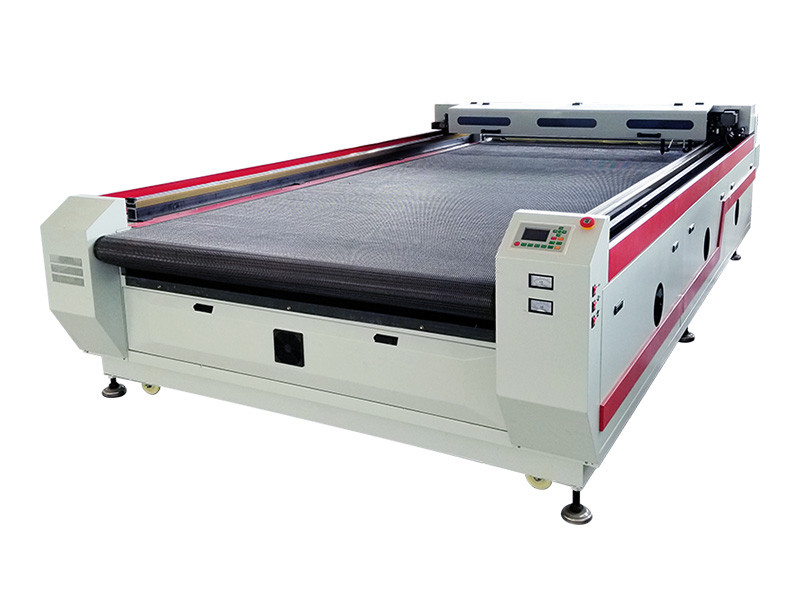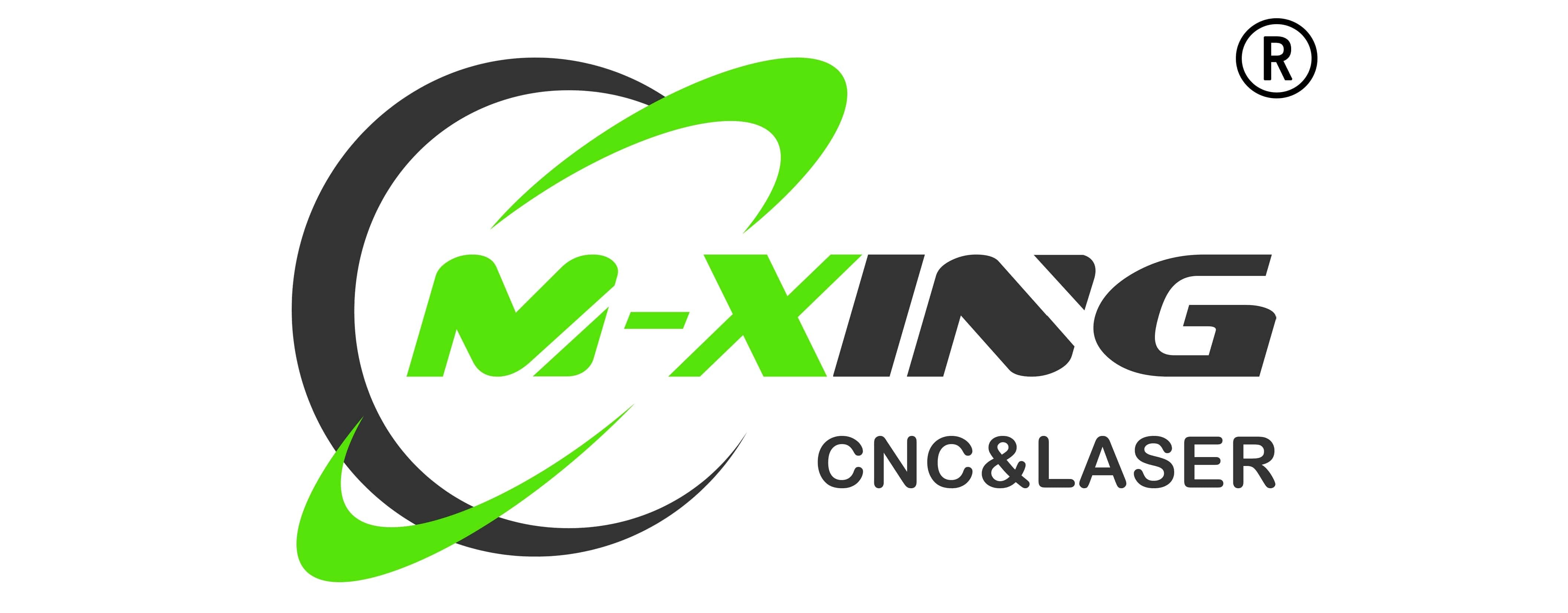Blog
What Is Co2 Laser Marking Machine?
CO2 laser marking machine is a type of laser marking system that uses a carbon dioxide (CO2) laser to mark or engrave materials. The laser beam is focused through a lens and directed onto the material surface to create a permanent mark. Additionally, They are widely used in various industries such as automotive, electronics, aerospace, medical, and jewelry making. They are capable of marking a variety of materials including plastics, metals, glass, ceramics, leather, and wood.
CO2 laser marking machines offer several advantages over other marking methods, such as high accuracy, high speed, and high-quality marks that are resistant to wear and tear. They are also more environmentally friendly compared to traditional marking methods that use chemicals or inks.
Some common applications of CO2 laser marking machines include product identification, branding, serial number marking, barcoding, and decorative engraving.

How Laser Marking Machine Works?
CO2 Laser marking machines work by using a focused beam of laser light to alter the surface of a material, creating a permanent mark or pattern. Here's a brief overview of how a laser marking machine works:
The laser beam is generated by a laser source and directed through a series of mirrors and lenses to focus the beam into a small spot.
The material to be marked is placed on a work surface beneath the laser beam.
The laser beam is then directed onto the surface of the material, which absorbs the laser energy and is heated up.
As the material heats up, it undergoes a process called thermal ablation, where the material is vaporized or melted away, leaving behind a permanent mark.
The laser beam can be precisely controlled to create a wide range of patterns, from simple lines and text to complex designs and images.
Laser marking machines can use different types of lasers, including CO2 lasers, fiber lasers, and Nd: YAG lasers, depending on the material being marked and the desired marking quality. The process of laser marking is fast, precise, and can be automated for high-volume production.
Benefits About Co2 Laser Marking Machines?
High precision: CO2 laser marking machines can produce very precise marks and patterns on materials with high accuracy and repeatability.
Versatility: CO2 laser marking machines can mark a wide variety of materials, including plastics, metals, glass, ceramics, leather, and wood.
Speed: CO2 laser marking machines can mark materials quickly, which makes them ideal for high-volume production environments.
Durability: The marks created by CO2 laser marking machines are permanent and resistant to wear and tear, ensuring the longevity of the product.
Environmentally friendly: CO2 laser marking machines do not use inks or chemicals, which makes them more environmentally friendly than traditional marking methods.
Low maintenance: CO2 laser marking machines require very little maintenance, which reduces the cost of ownership over time.
Flexibility: CO2 laser marking machines can create a wide variety of marks and patterns, including text, barcodes, logos, and images, giving manufacturers flexibility in their marking needs.


